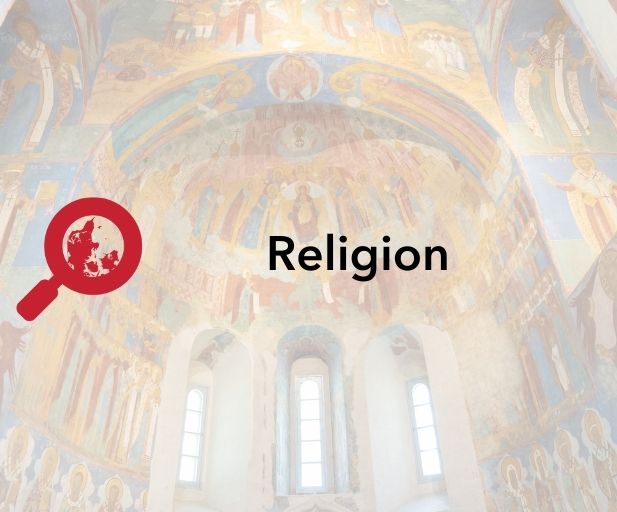2024 marks the first year since 1686 when Great Prayer Day (Store bededag) will not be celebrated as a public holiday in Denmark. The date usually falls on the fourth Friday after Easter Sunday and is intended as a day for penance, prayer and fasting. Last year, Mette Frederiksen’s government abolished the holiday to support a greater supply of labor, with 95 votes in favor and 68 against in Parliament. Broad parts of the population, the trade union movement and the church tried to prevent it by collecting 475,000 signatures.
Danes’ relationship with Christianity originated more than a millennia ago, under the rule of Viking king Harold Bluetooth (yes, the name of the wireless technology was inspired by him). In 1536, the Danish church became Lutheran and was integrated into the State. According to official statistics from 2019, three in four Danes are members of the Evangelical Lutheran Church (Den danske folkekirke). However, Denmark has historically shied away from traditional religious dogma – for example, half of the state church priests are women, and same-sex marriage has been allowed in Danish churches since 2012.
In a poll held in 2010, 28% of citizens stated they believed in a God, 47% in some sort of spirit or life force and 24% in nothing of the sort, with just under 20% identifying as atheist. Islam is the largest non-Christian religion in Denmark, with 4.4% (256,000) of the population being Muslim.
On a different note, former Queen Margrethe II celebrated her 84th birthday last Tuesday, April 16, the first one since her abdication. During her reign, she would normally step out of the Amalienborg Castle with the royal family to greet the crowds. During the pandemic, she famously requested Danes to celebrate her birthday by sending flower bouquets to the elderly, with the intent of helping old citizens during isolation.







